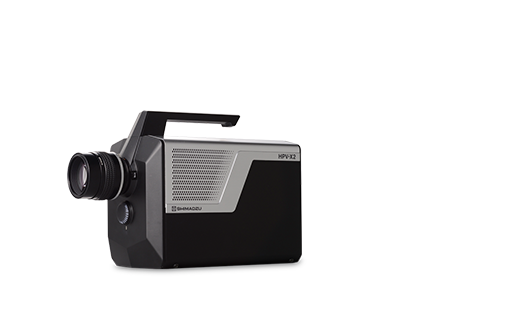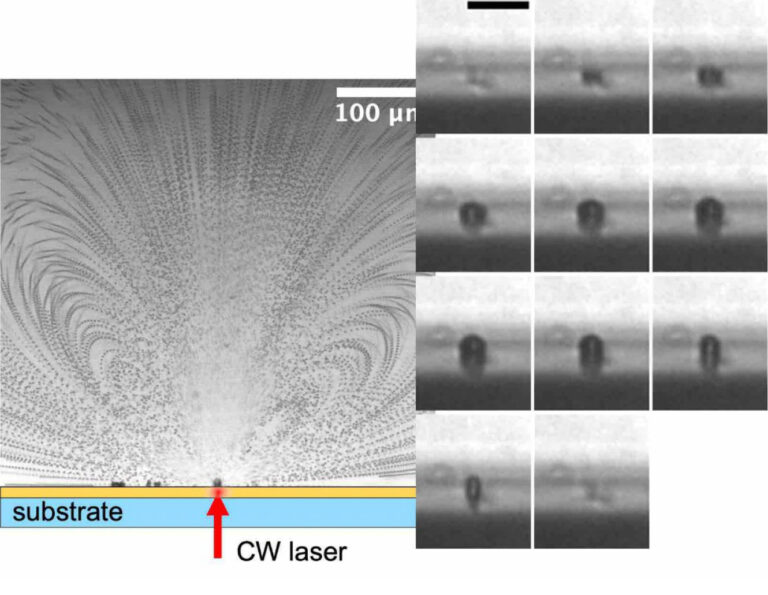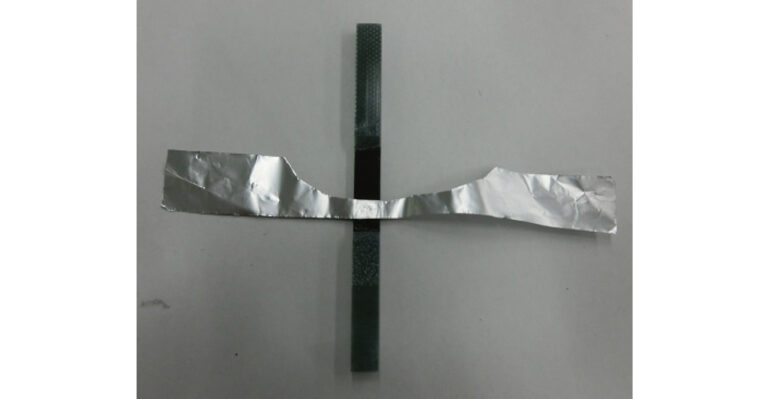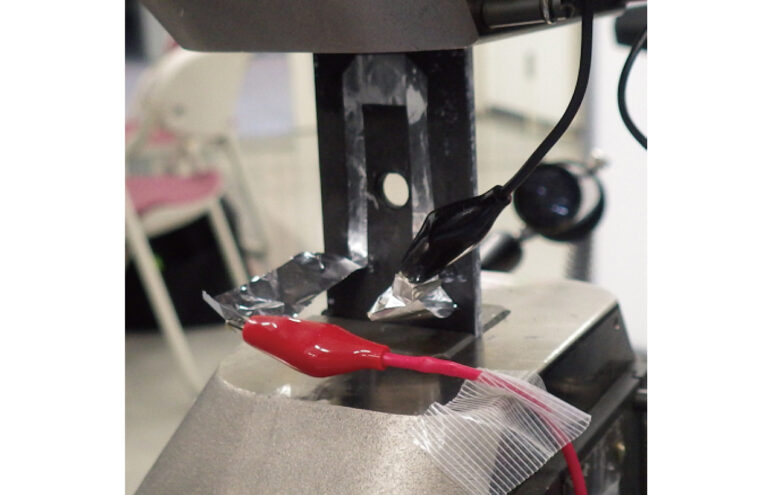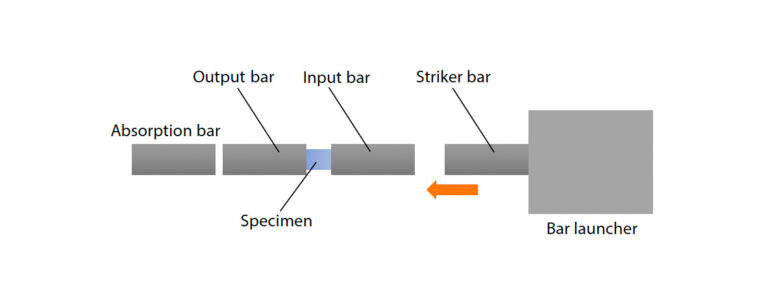Introduction
EN 12697-26:2004 specifies the methods for characterizing the stiffness of bituminous mixtures by alternative tests, including bending tests and direct and indirect tensile tests. The tests are performed on compacted bituminous material under a sinusoidal loading or other controlled loading, using different types of specimens and supports. The procedure is used to rank bituminous mixtures on the basis of stiffness, as a guide to relative performance in the pavement, to obtain data for estimating the structural behavior in the road and to judge test data according to specifications for bituminous mixtures For this purpose, dedicated testing system was developed based on hydraulic Servopulser system combined with specific tools and sensors. For method development, test control and data collection, upgraded 4830 Software was used, which supplies data for specialized calculation files, developed for 4PB Stiffness calculations.4PB Testing Setup
- 50 KN EHF-U Servopulser system
- 4PB testing tool (Figure 2)
- QF-40 Hydraulic power supply
- 4830 Controller
- Windows software for 4830 controller
- 4PB Stiffness calculation macro
Test conditions
Maximum amplitude for the bending strain 50 micro strain (µm/m) (which implies 37.57 µm of deflection in the middle of the setup for 50 mm x 50 mm samples). Deflection is controlled by LVDT sensor integrated into 4PB tool.
Various frequencies of sinusoidal loading wave are applied, as shown in Table 1,
Tests are performed at room temperature as and 40 ºC,
Force, Stroke and 4PB deflection are sampled in last 5 cycles as illustrated in Table 1,
Dynamic characteristic values are automatically calculated by 4830 software,
Figure 4 shows Result window with results for 5 samples measured at room temperature. Their calculated stiffness and phase angle are shown in regard to the loading frequency.
Mean results table calculates mean value for 5 measured samples and corresponding graph is drawn.
All the asphalt samples show increasing Stiffness with the decrease of the cycle repetition period.
Response of different asphalt mixtures and different porosity can be evaluated in this way at different temperatures.
Results and postprocessing
- When the test is finished, measurement data and calculated characteristic values are automatically exported to CSV format. Each sample test with its measurement data is represented with one CSV file.
- Exported measurement data is loaded to calculation file. Relevant sample data as well as test conditions (temperature, 4PB tool geometry, correction factors) are entered.
- Calculation file calculates actual deflection, resolved stiffness and phase angle. For each sample separate sheet with the results as well as Stiffness and phase angle graphs over test frequency (Figure 3).
- Results sheet summarizes at one place and shows data for all samples, mean results and graph for mean results (Figure 4).
Summary
EN 12697-26 standard and describe a cyclic bending and indirect tension test protocols for determination of the Stiffness, which the results of the measurements conducted have confirmed as being flexible procedures that can efficiently characterize the mechanical response of both porous and dense bituminous mixtures, over a wide range of temperatures and frequencies.
Shimadzu Asphalt Testing Package provides accuracy and flexibility for such an application.
System is designed to be used for other tests described in EN 12697 standard (such as EN 12697 -26 Annex C IT-CY, EN 12697 -24Annex E IT-CY, EN 12697 -25 Method B), only by changing the testing support.





